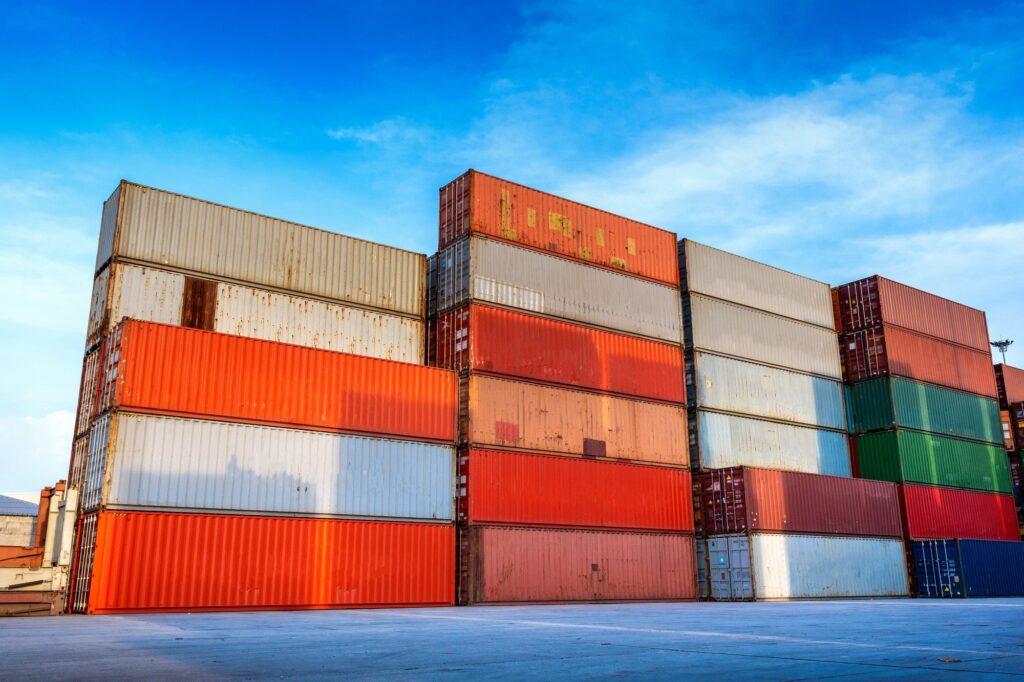
When it comes to cargo protection and tamper prevention, both wire seals and plastic seals are popular options. Choosing between them depends on your shipment type, budget, and required security level. Let’s explore how they differ and which one best suits your business.
Common Uses:
Plastic seals are lightweight, single-use seals made from durable polypropylene or nylon.
They’re ideal for low- to medium-security applications where quick sealing and disposal are needed.
At Protoseals, we recommend:
We manufacture both with custom branding, serial numbering, and barcoding options — ensuring every product meets your operational and regulatory standards.
At PROTO SEALS INDUSTRIES, we provide some of the most advanced, technical-led designs of security seals for our customers. looking at their tampering challenges during transit which leads to loss.
©2024 – 2025 Proto Seals.